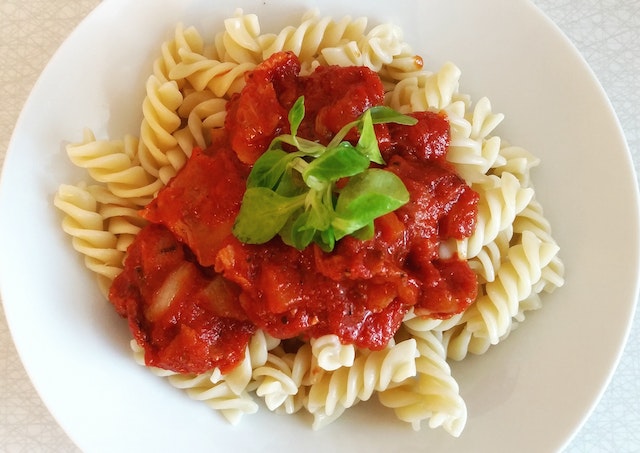Losing weight is a goal shared by many, but the abundance of diets and conflicting advice can be overwhelming. One popular approach to weight loss involves cutting carbs drastically, but is it the only way? In this article, we’ll explore how to achieve weight loss without eliminating carbs completely, ensuring a sustainable and healthy journey towards your fitness goals.
The Role of Carbs in Weight Loss
Before we delve into weight loss strategies, it’s essential to understand the role of carbohydrates in our bodies. Carbs are the primary source of energy, and they come in different forms such as simple sugars and complex starches. When we consume carbs, they get broken down into glucose which is used for fuel. However, not all carbs are created equal. Some cause rapid spikes in blood sugar and insulin levels, leading to cravings and potential weight gain.
Low Carb vs. No Carb Diets
Two common approaches to weight loss involving carbs are low carb and no carb diets. A low carb diet typically reduces carb intake but still allows some healthy sources, while a no carb diet eliminates carbs entirely. Each approach has its advantages and disadvantages, and finding the right balance is crucial for success.
How to Incorporate Healthy Carbs
Rather than completely cutting carbs, focus on incorporating healthier choices. Opt for complex carbs found in whole grains, fruits, and vegetables. These provide essential nutrients and fiber, promoting better digestion and long-lasting energy.
Balancing Macronutrients
For sustainable weight loss, balance is key. Combining carbs with proteins and fats in your meals can slow down digestion, reducing blood sugar spikes and promoting satiety. This balanced approach ensures you’re getting all the necessary nutrients.
Fiber’s Role in Weight Loss
Dietary fiber plays a significant role in weight management. High fiber foods keep you feeling full and satisfied, reducing overall calorie intake. Additionally, fiber aids in digestion and supports a healthy gut.
Strategic Meal Planning
Meal planning is essential for effective weight loss without cutting carbs drastically. Prepare meals in advance and choose the right carb sources for each meal. This prevents impulsive decisions and ensures you stay on track.
The Importance of Exercise
Incorporating exercise into your weight loss journey enhances results. Engage in a combination of cardiovascular and strength training exercises to boost metabolism and burn calories effectively.
Managing Cravings and Hunger
Carb cravings can be intense, but there are ways to manage them. Opt for healthier carb options and keep portion sizes in check. Additionally, focus on consuming protein and healthy fats to curb hunger.
Monitoring Progress
Tracking your weight loss progress and other health indicators is crucial. Keep a journal of your meals, exercise, and how you feel each day. This helps identify patterns and make necessary adjustments.
Healthy Lifestyle Changes
Weight loss shouldn’t be just about cutting carbs. It’s about adopting a healthier lifestyle. Incorporate mindfulness practices and stress reduction techniques to support your overall wellbeing.
Overcoming Weight Loss Plateaus
Plateaus are normal during weight loss journeys. Instead of resorting to extreme measures, make small adjustments to your diet and exercise routine to push through these plateaus.
Potential Pitfalls
Avoid common mistakes like drastically reducing calorie intake or relying solely on processed low carb products. Ensure you’re getting enough nutrients for optimal health.
Staying Consistent and Motivated
Consistency is the key to success. Stay motivated by setting realistic goals, celebrating achievements, and seeking support from friends or online communities.
Losing weight without cutting carbs drastically is not only possible but also a more sustainable approach to long term health and fitness. By understanding the impact of different carbs, incorporating healthy choices, and balancing nutrients, you can achieve your weight loss goals while still enjoying a variety of delicious foods.
